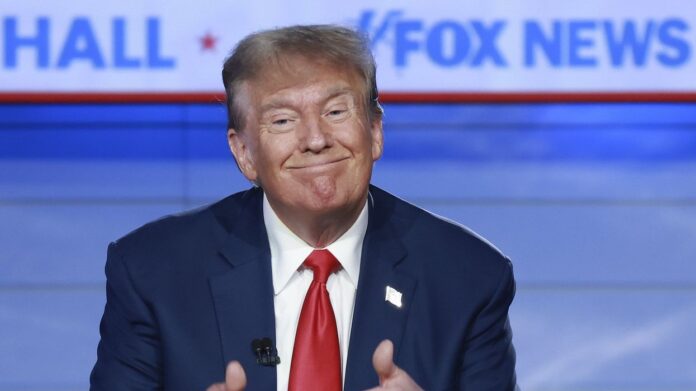Key Falsehoods or Claims: The article highlights several key falsehoods and conspiracy theories spread by White House Press Secretary Kayleigh McEnany, including downplaying the severity of COVID-19, promoting baseless claims about mail-in voting fraud, and spreading misinformation about the effectiveness of masks in preventing the spread of the virus.
Source and Bias: The Economic Times is a reputable and neutral outlet, providing balanced reporting on political and economic issues.
Analysis of Impact: These falsehoods and conspiracy theories have contributed to shaping public opinion on the COVID-19 pandemic and the integrity of the upcoming election. Polling data has shown that a significant portion of the population has been influenced by these claims, leading to a lack of trust in public health measures and the electoral process. This poses a threat to our democracy by undermining public confidence in crucial institutions and creating division among citizens.
Hypothetical Public Reactions: The article could have delved further into hypothetical scenarios surrounding how these falsehoods have gained traction and affected voter behavior. For example, the spread of misinformation about mail-in voting fraud may lead to decreased voter turnout or challenges to the legitimacy of the election results.
Further Reading: To further understand the impact of lies and conspiracy theories on public opinion and democracy, readers may find reputable sources on media influence and misinformation studies valuable. Recommended readings include academic studies on the psychology of misinformation and analyses of the role of social media in spreading falsehoods.
Source link
Redirect URL
